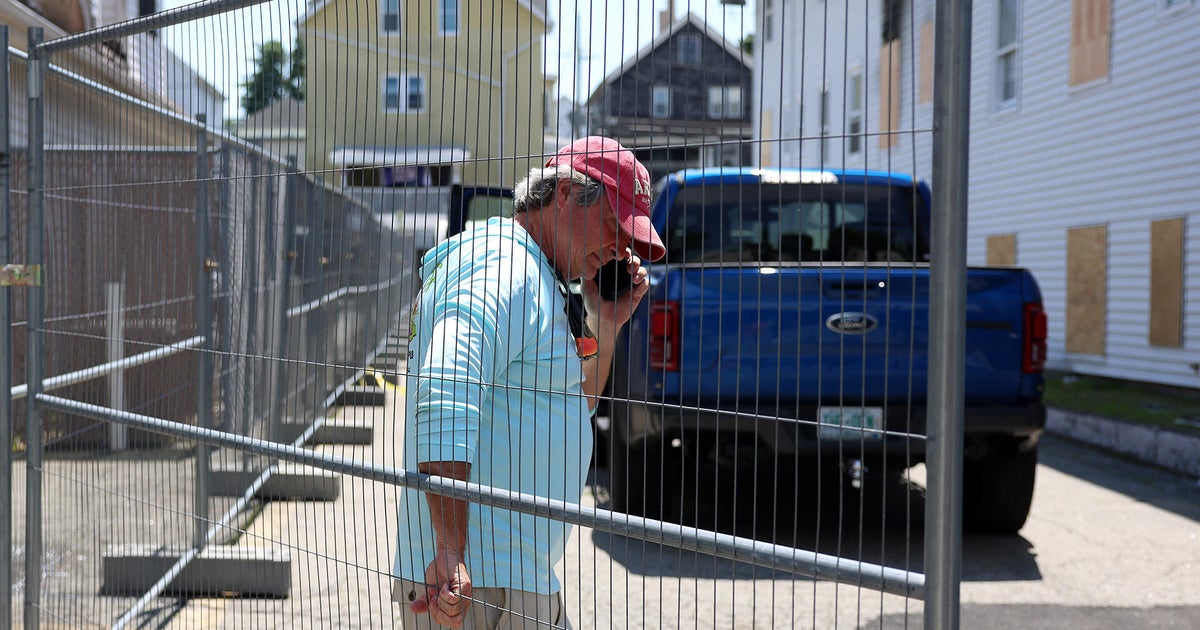EEE virus detected in Massachusetts mosquitoes for first time in 2025
The Eastern equine encephalitis virus, commonly known as EEE, has been identified in mosquitoes in Massachusetts for the first time in 2025.
The Department of Public Health says EEE was confirmed in a mosquito sample collected on July 21 in Belchertown in Hampshire County. There have not been any human or animal cases reported yet in the state this year.
EEE in Massachusetts
Last year, the first EEE-positive mosquitoes were identified on July 3 in southeastern Massachusetts. Public Health Commissioner Dr. Robbie Goldstein said Wednesday that 2024 was an "active EEE season" with four recorded human cases, one of which was fatal.
"This is only a first finding and mosquito surveillance will be key to tracking any developing areas of increasing risk," Goldstein said in a statement. "Today's finding is an important reminder for residents to take measures to protect themselves from mosquito bites."
The threat of EEE last year forced schools to move Friday night football games to the afternoon and some towns closed their parks from dusk to dawn.
What is EEE?
EEE is transferred to humans via mosquito bites. Medical experts say it is an "exceedingly rare virus" that normally spreads in swamps, including red maple and white cedar swamps in Massachusetts.
Most people infected with EEE don't develop symptoms. But about 30% people with the disease die because it is not treatable.
Public health officials urge Massachusetts residents to wear insect repellent when outside. They suggest staying inside during the peak mosquito hours between dusk and dawn. They also recommend wearing long sleeves and pants, and eliminating standing water around your home.




